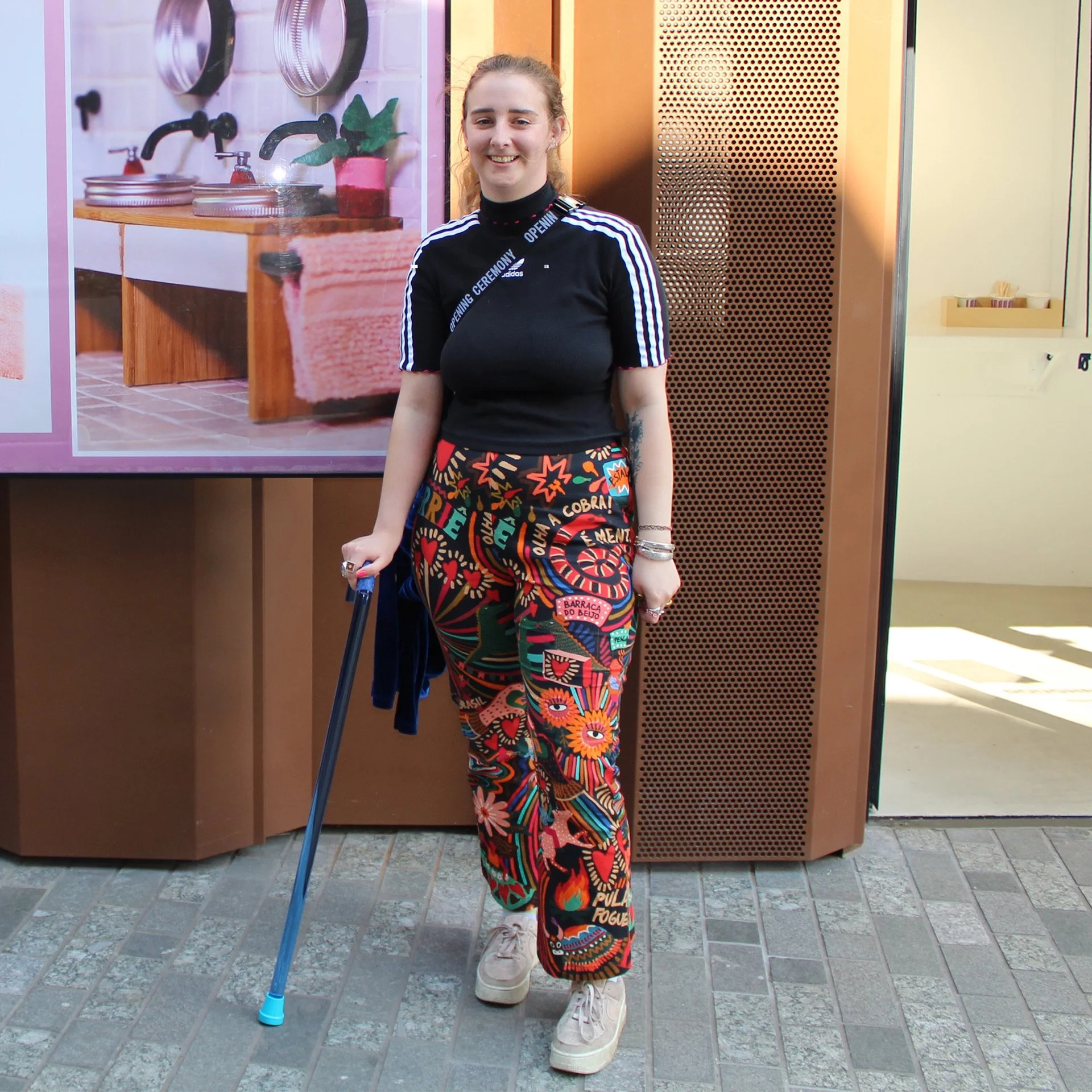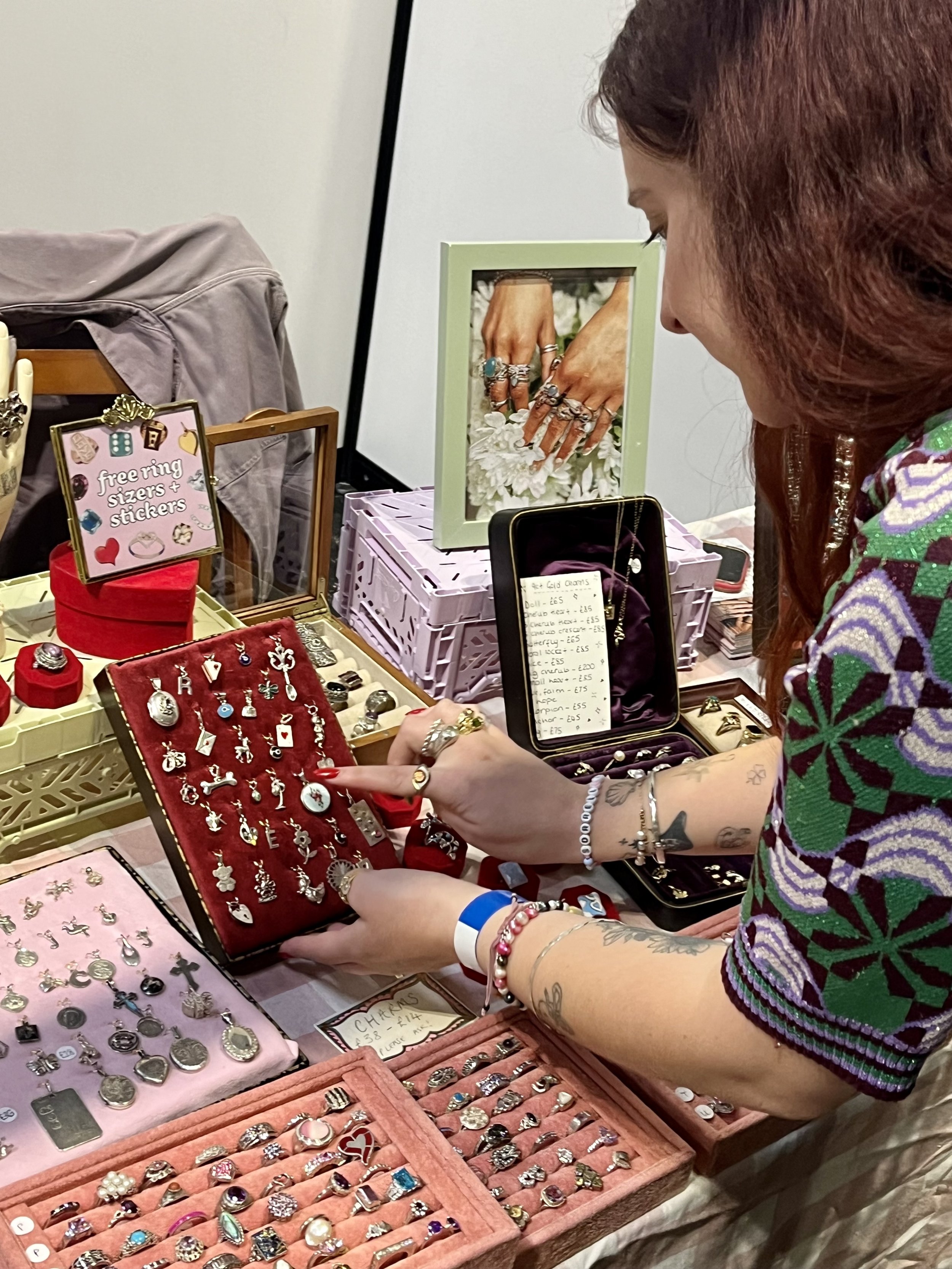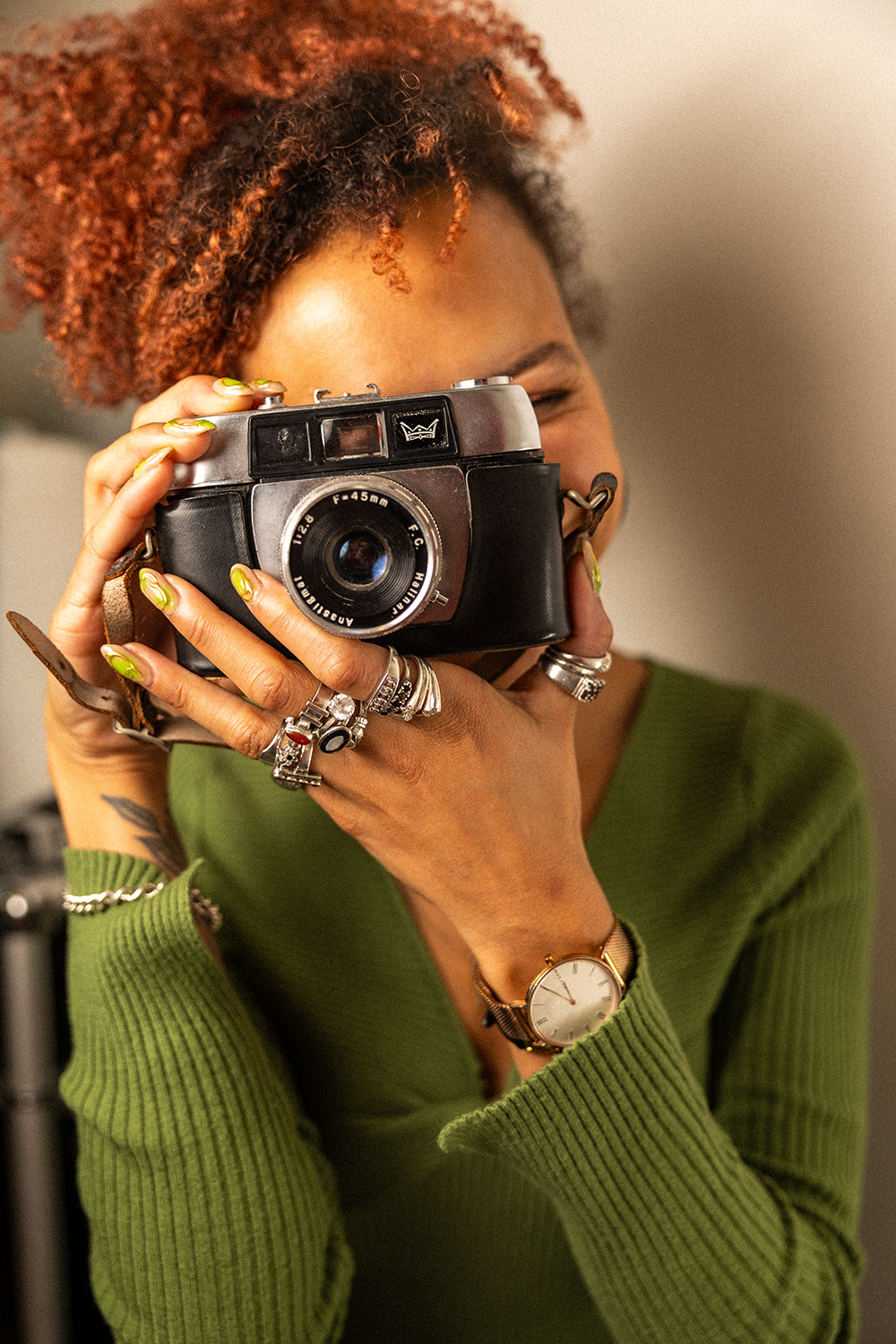Lessons I’ve Learned While Running Sorrell Jewels
Running a small business is one of the most rewarding—and challenging—things I’ve ever done. When I first started Sorrell Jewels, I envisioned curating beautiful pieces while building a business that could work alongside my chronic illness. What I didn’t anticipate was just how many lessons I’d learn along the way.
In the spirit of sharing the behind-the-scenes reality, here are some of the biggest mistakes I’ve made (and the valuable lessons they’ve taught me) while growing Sorrell Jewels.
Living (and Working) With POTS
One of the biggest factors shaping both my personal life and my business journey has been my experience with POTS (Postural Orthostatic Tachycardia Syndrome).
For anyone unfamiliar, POTS is a form of dysautonomia—a condition that affects the autonomic nervous system, which controls things like heart rate, blood pressure, digestion, and temperature regulation. For me, this means symptoms like dizziness, fatigue, brain fog, rapid heart rate, and chronic pain are just a part of my daily life.
When I first started Sorrell Jewels, I knew I needed to build a business that could work with my health, rather than against it. Some days I can work at full speed, and other days I need to slow right down and listen to my body. That unpredictability has taught me to plan ahead where I can, build flexibility into my schedule, and let go of the pressure to operate like a traditional 9–5 business.
I’ve also had to find creative ways to adapt the physical aspects of my work. Product photography days, market stalls, and packing orders can all be physically demanding, so I’ve learned when to ask for help, when to outsource, and when to rest.
While living with POTS is an ongoing challenge, it's also given me a huge amount of resilience, empathy, and a deeper appreciation for what I’ve built. Running a business with a chronic illness has taught me to celebrate the small wins, be kinder to myself, and create a business that feels sustainable and supportive of my wellbeing.
Pushing Myself to Burnout
I originally started this business to help manage my health, but ironically, I’ve often pushed myself too hard. I’m naturally a “yes” person—saying yes to every opportunity, order, or request. Over time, I’ve learned that setting boundaries isn’t just helpful, it’s essential.
Prioritising rest and balance allows me to sustain my business long-term, without sacrificing my well-being.
Ignoring My Gut Instinct
Early on, I made decisions that didn’t always feel right—whether it was agreeing to events or custom requests that I wasn’t comfortable with. Ignoring my instincts often led to unnecessary stress. I’ve since learned that my gut feelings are there for a reason, and trusting them has saved me from many situations that weren’t the right fit.
Avoiding My Finances
Like many creative small business owners, the financial side of running a business was something I dreaded. QuickBooks and accounting tasks would sit at the bottom of my to-do list for far too long. While it’s not my favourite job, staying on top of my finances is critical to the health of my business—and I’m learning to face it head-on rather than avoid it.
Letting Imposter Syndrome Take Over
Even now, I have moments where I can’t believe this is my job. The fact that people choose to buy jewellery from me still feels surreal. Imposter syndrome is something I’ve had to work through regularly. But with time, I’ve learned to acknowledge those feelings and keep moving forward, trusting in the work I’ve put in and the beautiful community that supports Sorrell Jewels.
Trying to Do It All Alone
For too long, I believed I had to handle every aspect of the business myself. One area that was especially difficult was product photography—it was physically demanding (which doesn’t mix well with chronic pain) and the technical side left me stressed. Eighteen months ago, I finally started working with a professional photographer, and it’s been an absolute game changer. Delegating when needed has helped me focus on what I love most: creating and sourcing.
Running a small business comes with plenty of challenges, but I wouldn’t trade this journey for anything. Every mistake has been a stepping stone, and every lesson has helped shape Sorrell Jewels into what it is today.
If you're a fellow small business owner, I’d love to hear the lessons you’ve learned along the way. Feel free to share your experience in the comments!






